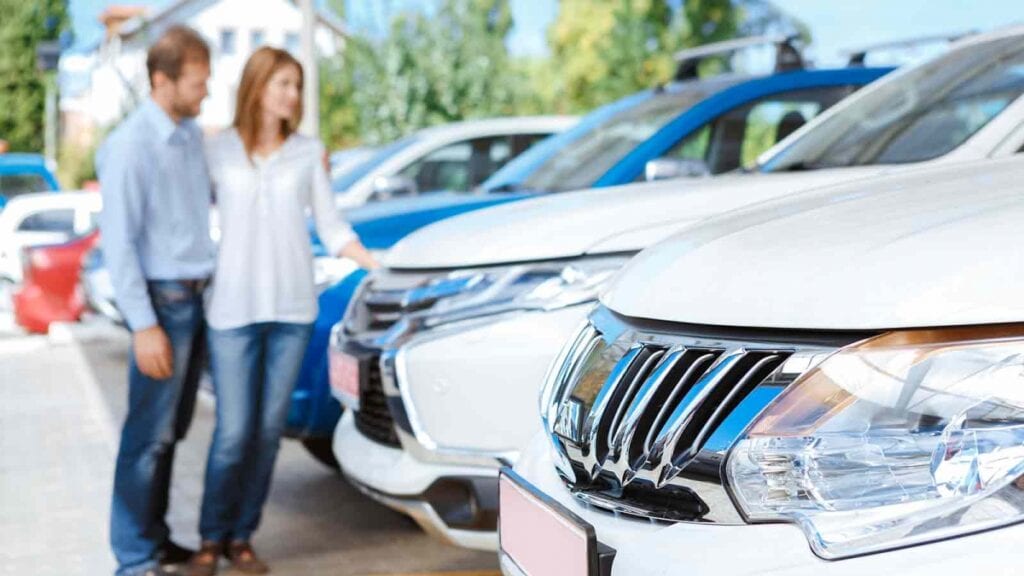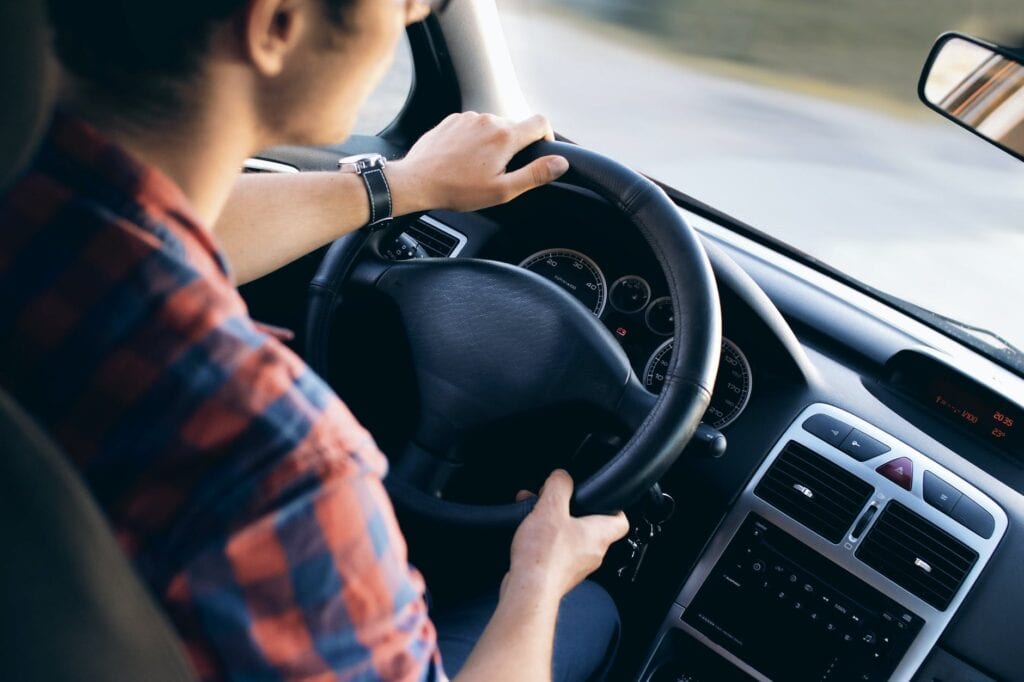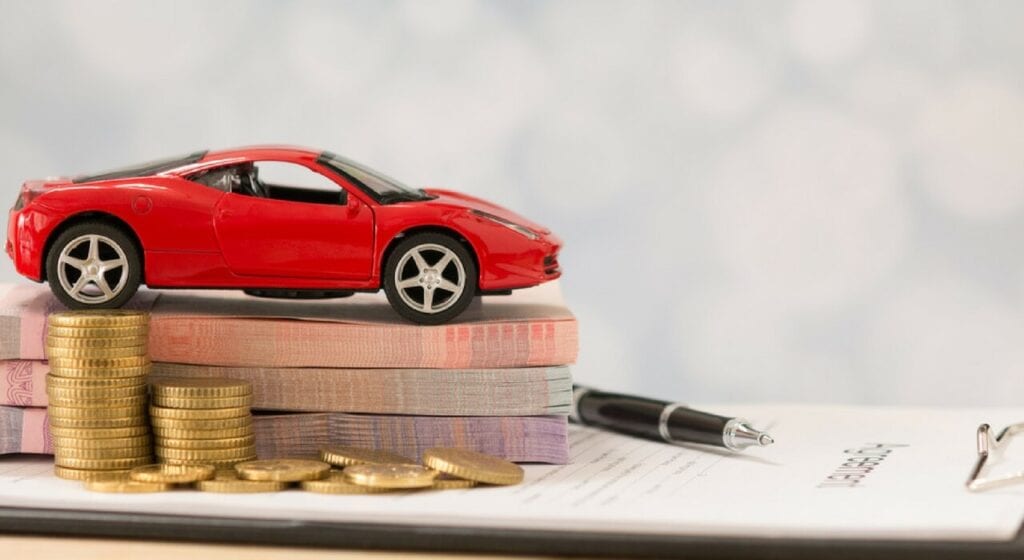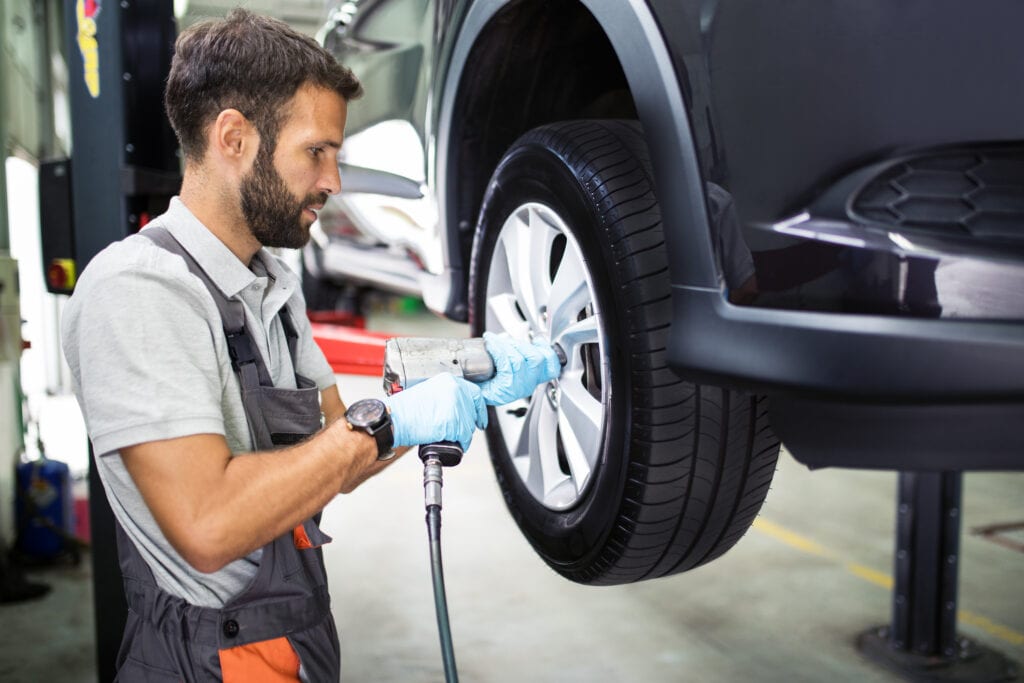People who want to buy a used car, or want to sell their old vehicle, should pay attention to a few important details that may increase or decrease the value. That is why you need to run a vehicle history report, which is a type of document that proves the seller doesn’t lie about the car’s properties, and that there isn’t anything hidden behind. Every buyer wants to exactly know what is he or she buying, and it’s always a better option to list if the car was a part of some accident or underwent some big repairs, instead of trying to hide them, so you can sell it for a better price.
Usually, this information is public and available by typing the Vehicle Identification Number (VIN) on online services like this website, and the list will appear. Most of the time, this service is free or pretty cheap, and you can see the history of the car you are willing to buy, but also list the properties of the vehicle you want to sell.
Anyway, you can get a lot of important information if you run a vehicle history, no matter if you are a buyer or seller. There are a lot of reasons why you need to do that, but these are a few of the most important ones:
1. The history of damage

When you buy a used car it may look new, but it’s always a fair movement from the seller to tell you if the vehicle was a part of some accident previously. As a buyer, you have a full right to know that, also the technical maintenance that was performed to fix the damage. In many cases, the seller or reseller is performing only quick fixtures that don’t fix the whole damage, and the buyer is discovering that after he or she bought the car.
2. How many kilometers (miles) has it passed

Sometimes, the sellers are resetting the counter and no one really knows how many kilometers has the vehicle passed since the first day it hit the road. Many people are trying to tamper the odometer, thinking that will increase the price of the car. But, you won’t get scammed if you know how to look at the history listings and see the whole process of repairing and fixing before it’s delivered to you as a buyer.
3. How many owners the vehicle had before?

Many sellers will try to make you think they are the first owners of the car, so they get more money from you. Luckily, the history check is mostly available in every country in the world and the new owner has a full right to require that list and see if it’s true. An honest seller will never hide this information from you, but sadly, we should be ready for everything, knowing that people are very likely to manipulate with these numbers, so they can get a better price for their car.
4. The insurance company data

When you are buying a car, it’s normal if you want to know everything about it, including the accidents and other things that may affect its general quality and endurance. For example, people who sell their cars usually hide from the buyer that it may be damaged in a flood or fire, but the insurance company data will cover everything, and as we said, it is your right to know all of that, so you can get what you pay for. On the other hand, there are honest sellers who will always tell you what they’ve done to repair the damage. Those fixtures are also expensive, and it’s normal and expected for them to calculate the price taking all in mind. It’s on you to decide if you want a car like that or no. Some buyers don’t have a problem to buy a repaired vehicle, as long as the seller guarantees a safe driving. The other group may pass that offer if the history report shows that data, and find the right car for them.
5. Was it maintained regularly?

Usually, the owner needs to bring the car for regular technical maintenance before they renew the registration license. If the vehicle wasn’t maintained properly, you can ask for a lower price. The history report will show everything and in the end, you can buy it for a lower price and then maintain it properly. This is very important when you are trying to negotiate with the seller, especially when you are buying a used car.
6. The exact dates of ownership changes

Another one reason why you should check the history report is to get to know the previous owners and how did take care of it, but also, if you are trying to buy it from a dealer, to see when it was left at their parking spot. If the last known owner is from more than six months ago, you can negotiate for a lower price, because the used cars are rarely driven by the resellers who own them. When a car is staying too long on one spot, it may start damaging by the weather conditions and lack of using it.
7. Is it worth investing in an old car?

When you decide to buy a car, you need to know all of your options, your budget, and of course, are you able to pay the regular maintenance. When you are taking a used car, you must take it to a technical check-up, and the history will help you see the things clearly and make the right decision about your investment.
Buying an old vehicle brings some risks you must be aware of, including the chances to be scammed if you don’t know how to check all the important data about the car. In the end, we will also recommend you to trust your guts and if the seller doesn’t look like someone you can believe, you can always give up on the deal and proceed to look for a better car for you and your family.
 Imagup General Magazine 2024
Imagup General Magazine 2024



